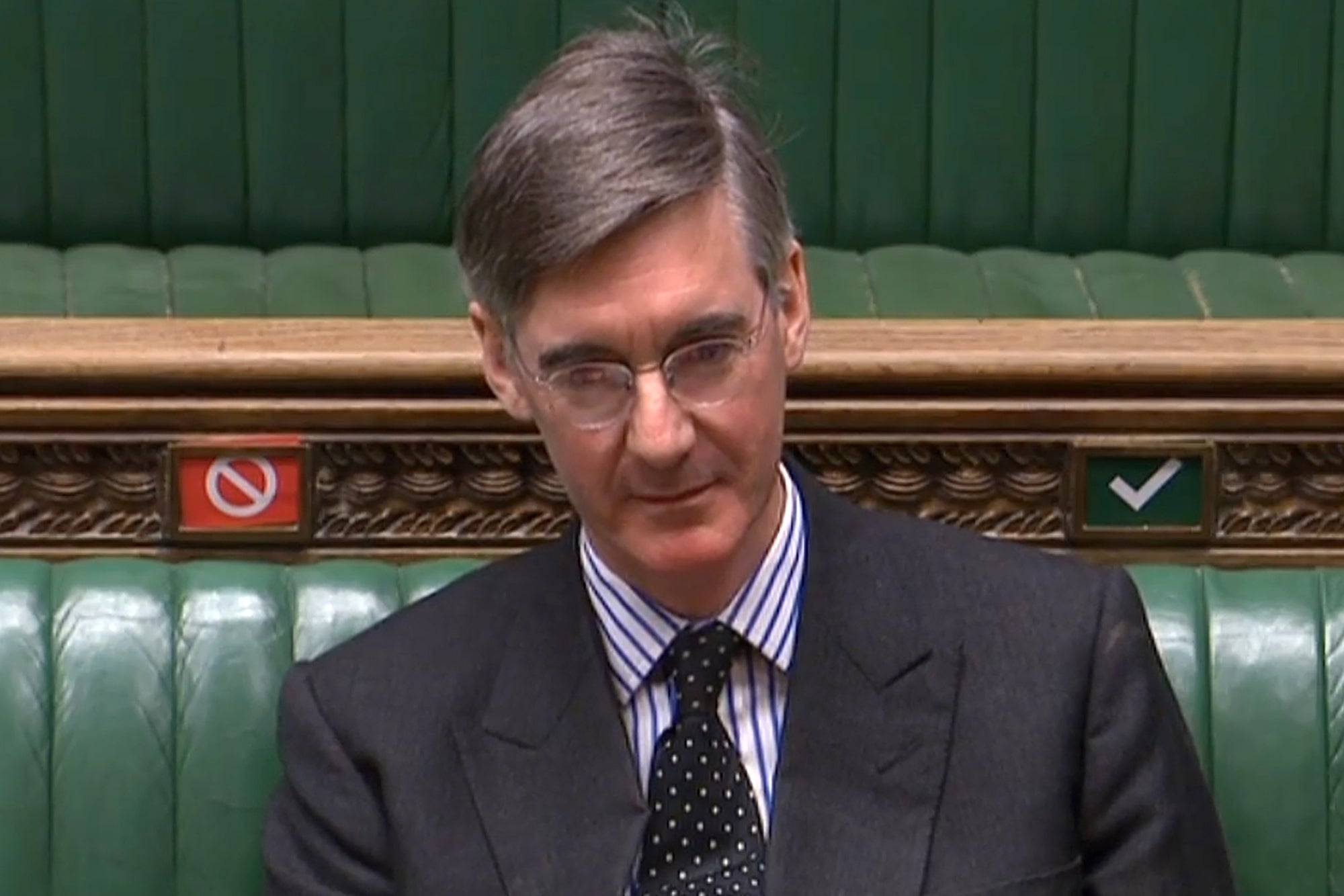MPs raise concerns over new electronic voting system after flaws in trial
Commons agrees unprecedented 'hybrid' procedures to keep scrutiny going during lockdown
Your support helps us to tell the story
From reproductive rights to climate change to Big Tech, The Independent is on the ground when the story is developing. Whether it's investigating the financials of Elon Musk's pro-Trump PAC or producing our latest documentary, 'The A Word', which shines a light on the American women fighting for reproductive rights, we know how important it is to parse out the facts from the messaging.
At such a critical moment in US history, we need reporters on the ground. Your donation allows us to keep sending journalists to speak to both sides of the story.
The Independent is trusted by Americans across the entire political spectrum. And unlike many other quality news outlets, we choose not to lock Americans out of our reporting and analysis with paywalls. We believe quality journalism should be available to everyone, paid for by those who can afford it.
Your support makes all the difference.Concerns have been raised over the introduction of electronic voting in the House of Commons after MPs reported flaws in trials of a proposed system.
No contentious legislation is to be brought before MPs for at least a week to allow time for a secure electronic system to be put in place which would allow MPs to vote remotely.
As a handful of MPs returned to the Commons after the extended Easter recess, Leader of the Commons Jacob Rees-Mogg confirmed that this would mean delay for the government’s Immigration bill which had been due for debate this week.
The chair of the Commons Procedure Committee Karen Bradley raised doubts about the electronic voting system due to be used during the coronavirus lockdown, telling MPs that a trial “did not go absolutely brilliantly”, while Labour’s Chris Elmore said it “did not go terribly well” and asked for reassurances that all 650 MPs will be able to vote when it is finally introduced.
MPs gave cross-party support for a “hybrid” system for Commons procedures during the coronavirus lockdown, under which no more than 50 MPs will be present in the chamber with as many as 120 more participating virtually via the Zoom video conferencing app.
But the arrangement will initially apply only to ministerial questions – starting on Wednesday with the weekly session of questions to the prime minister – urgent questions and government statements, with no time made available for legislation.
Mr Rees-Mogg is expected to table a motion on Wednesday to pave the way for virtual debates and electronic votes on legislation.
But he acknowledged there were question marks over whether the system would be able to cope, telling MPs: “We are currently working with what we think is the maximum that can be done with the technology, but very much with the hope that it can be expanded.
“Any remote voting must be secure. We don’t want other people to be voting other than members. Any system needs to be robust and make sure that votes are properly registered.”
Only a couple of dozen MPs were present in the chamber for Tuesday’s debate on the extraordinary new arrangements, with the vast majority remaining at their homes under social distancing guidelines.

A motion tabled by Mr Rees-Mogg made clear that the virtual parliament arrangements will initially remain in place until 12 May, although they may be extended if the UK remains in lockdown.
Reopening the Commons, speaker Sir Lindsay Hoyle said that MPs were meeting in “exceptional and extraordinary circumstances” and urged them to maintain a two-metre distance from one another and from parliamentary staff.
Yellow-and-black hazard tape was placed on the floor of the chamber and prayer cards bearing “no entry” signs were placed on most of the green benches to keep MPs apart from one another.
A report by the Commons Procedure Committee backed hybrid sittings, but warned of the risks of relying on new and untested technology for debates and votes.
The new arrangements “do not lend themselves to the conduct of contentious business”, which should not be brought forward by ministers unless it is directly related to the coronavirus emergency, the cross-party committee said.
One of the first votes should allow MPs retrospectively to approve the lockdown provisions imposed by the government while parliament was not sitting, said the committee, which noted that the regulations must be given the Commons seal of approval by 15 May at the latest.
“There is an evident risk that technical faults in the operating model, which would normally be identified and addressed during development, will manifest themselves in live proceedings, leading to possible interruptions and suspensions,” the report warned.
But it added: “In our view the benefits from the rapid extension of hybrid proceedings far outweigh the reputational risk to the House from potential faults.”
Labour’s shadow Commons leader Valerie Vaz warned MPs taking part in debates by video link that they would have to watch out for pets and children wandering into shot.
And, in a jibe at Mr Rees-Mogg’s penchant for sprawling across the Commons benches, she joked: “Clearly, the dress code will only apply to the top half – unless of course it is the Leader of the House, who I know sometimes likes to be horizontal.”

Join our commenting forum
Join thought-provoking conversations, follow other Independent readers and see their replies
Comments